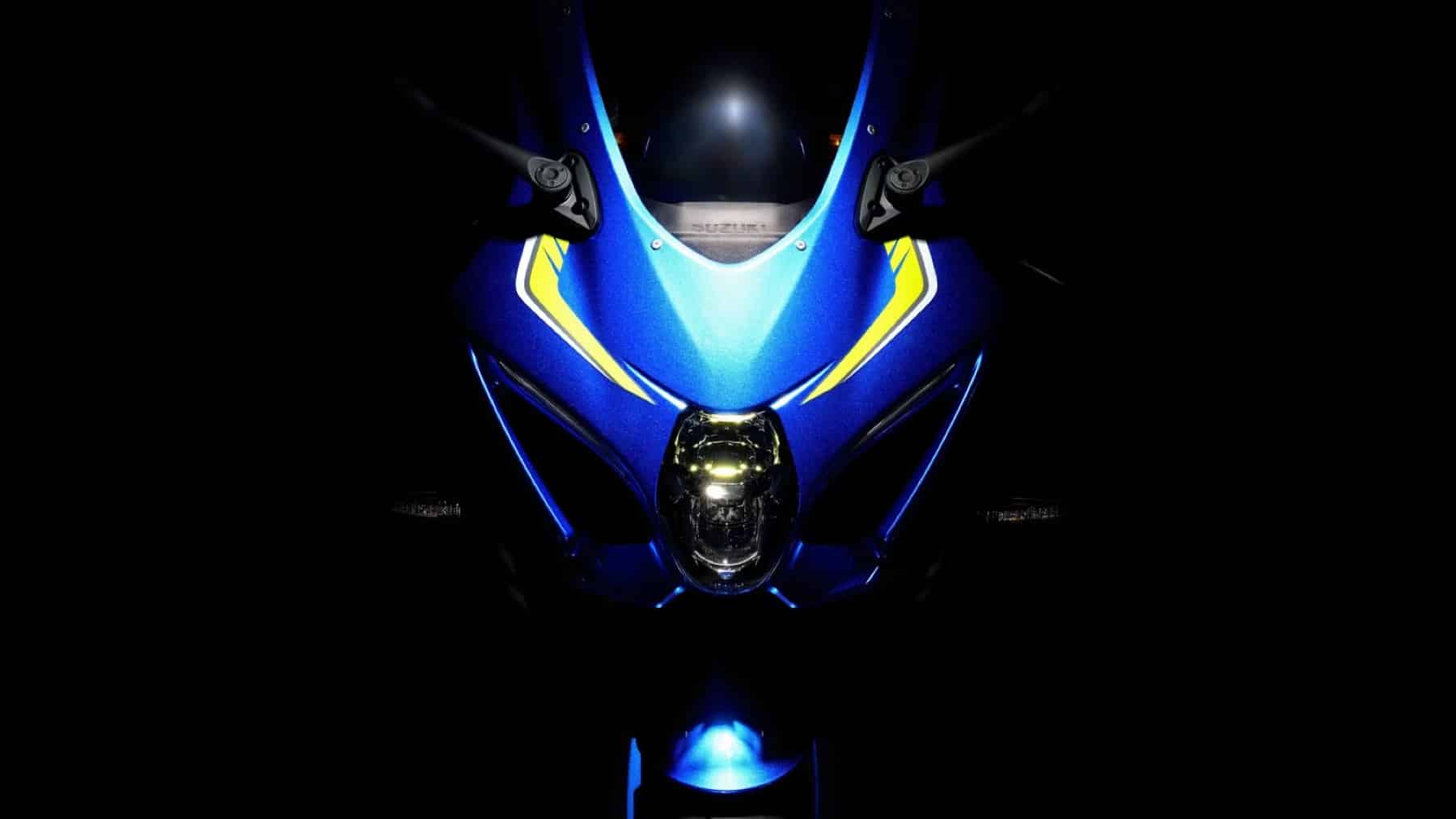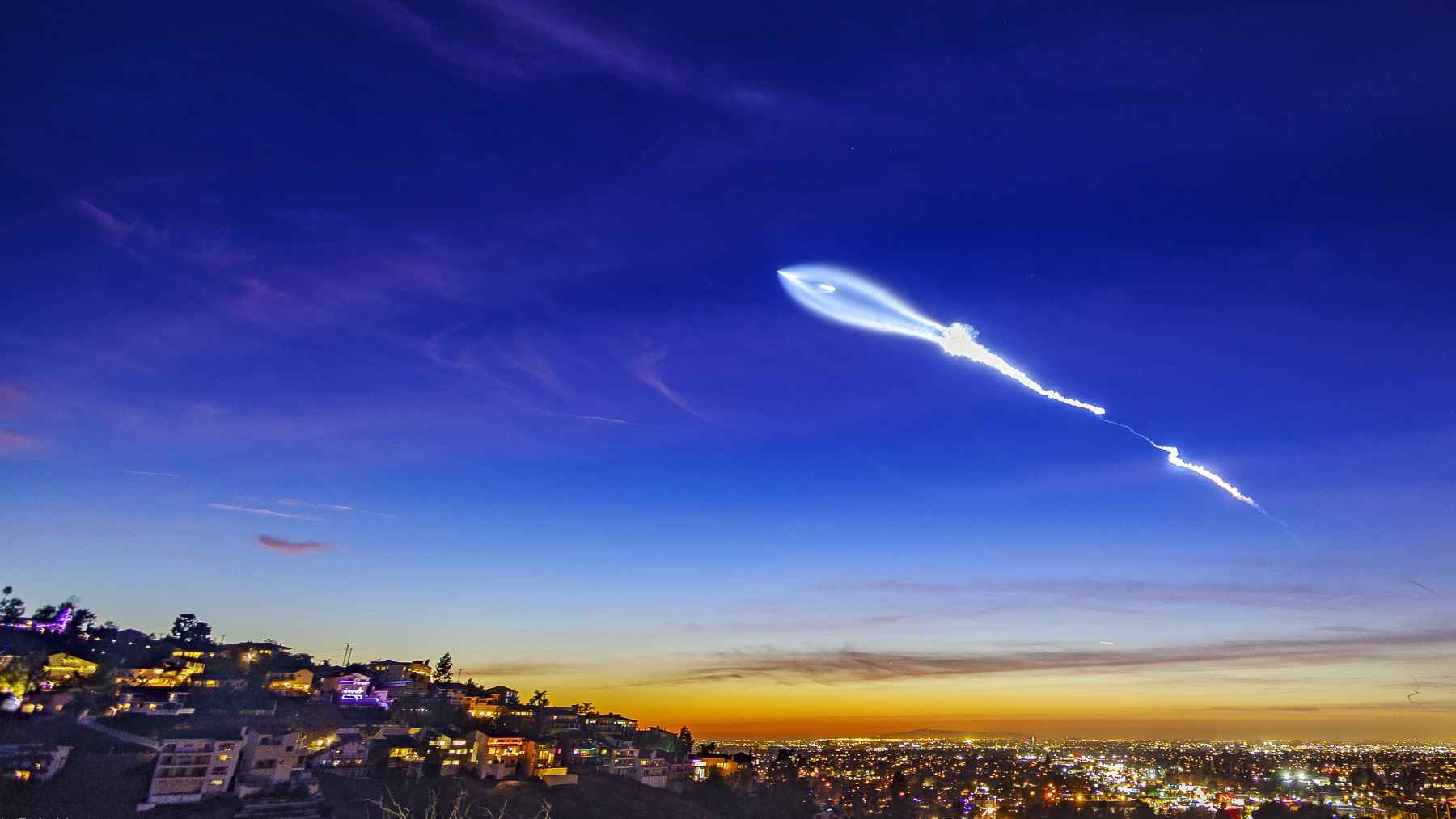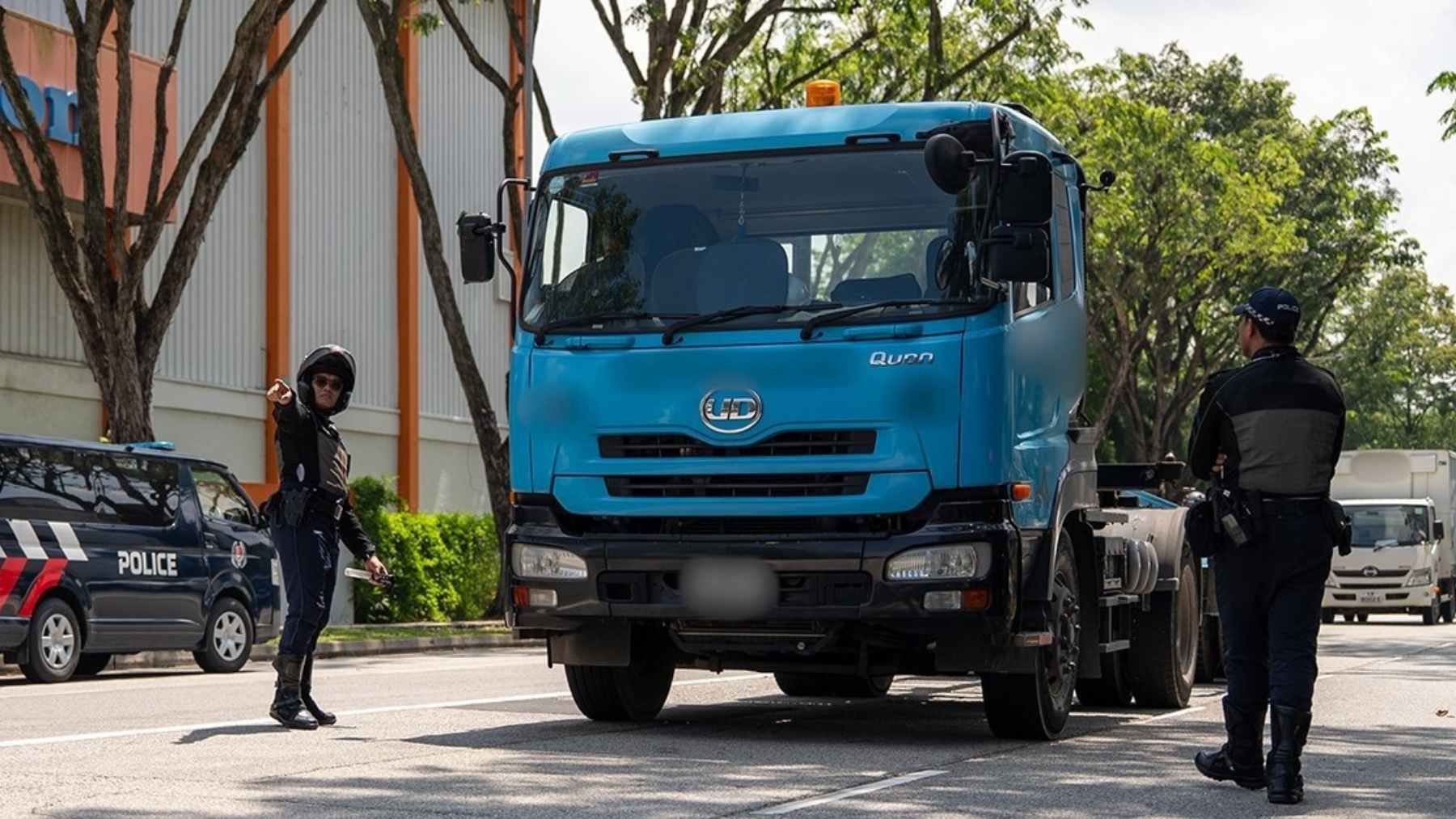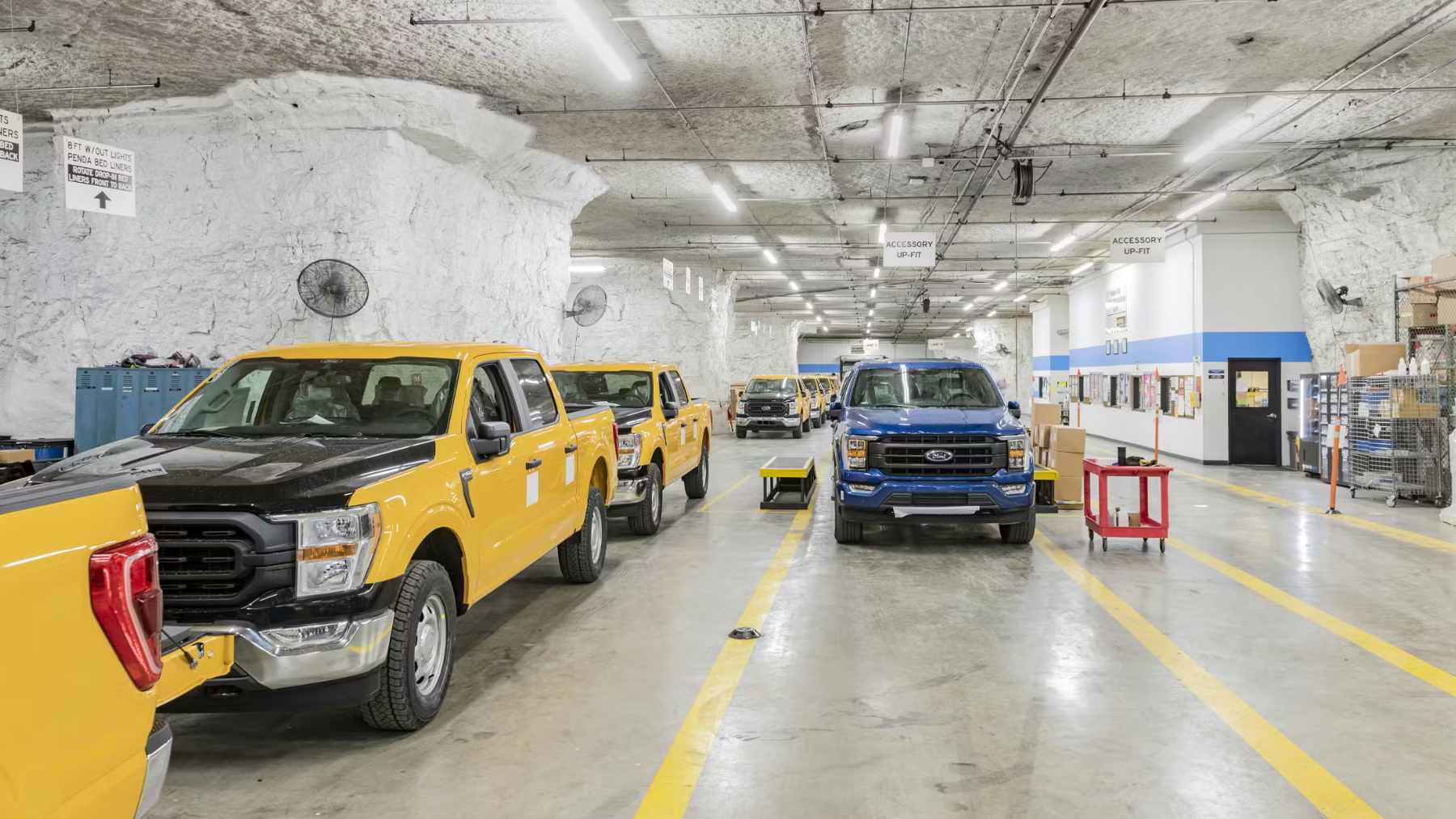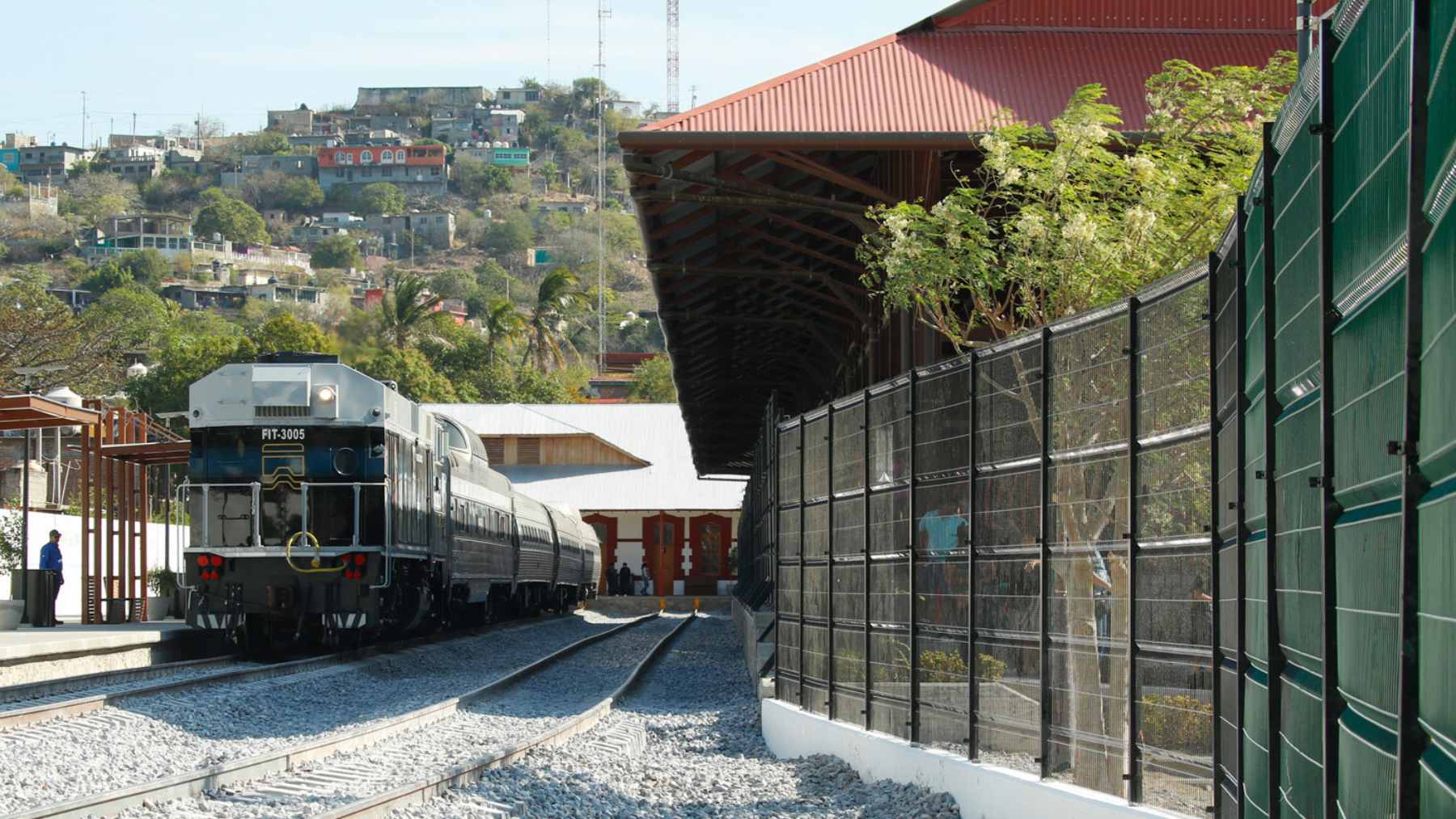This legendary 1971 vehicle by Suzuki is set to return after a long-awaited hiatus. Today, the transportation industry features some of the most advanced engine and vehicle technologies the world has ever seen, including breakthrough sustainable and alternative engine technologies, in order to contribute to developers reaching their sustainability targets. However, while developers may be putting new releases on the road, they are not forgetting their roots and are bringing back some of the most beloved models in their history.
Suzuki and other Japanese developers debut advanced vehicle technology
The past decade alone has seen some of the most futuristic vehicle technologies debut on the road. Today, engines are faster and more efficient than ever before, with developers racing to put their own unique technological twists on the road, which set them apart from competitors. Forming part of this vehicle race includes the fierce competition in the alternative engine world, whereby developers continue to catch up to the decade-long ‘Tesla effect’, which has dominated the sustainable engine scene.
When Tesla first released their electric vehicles, it revolutionized the automobile world. No longer were electric vehicle technologies considered a niche concept championed by environmentalists, but came to be viewed as a representation of luxury and advanced engineering capability. Tesla quickly rose to dominate the electric vehicle market, only recently being outpaced by Chinese electric vehicle developer BYD in terms of global electric vehicle sales. Domestically, however, Tesla continues to claim the top spot for electric vehicle sales.
With Tesla’s success, competitors quickly began to release their own electric and alternative engine solutions. Recognizing the need to fill their own underdeveloped audience, Japanese automobile developers, most notably Toyota, but also developers such as Suzuki, Hyundai, and Yamaha, have developed and refined hydrogen fuel-cell engine initiatives on top of their electric models. This strategic decision not only continues to place a competitive edge for these companies, but also sets them in a good standing to contribute towards transforming the transportation industry in sectors where electrification may not be ideal.
Suzuki brings back this 1971 model for 2026
Amidst the continued release of new models, Suzuki has announced that it will instead be digging into the past, bringing back the beloved Suzuki VanVan from 1971. The discontinued motorcycle, however, will be embracing 21st-century technology, with the Japanese automobile company kitting the model out with an all-new electric engine.
While the vehicle is limited to a concept, it gestures towards what we can expect from Suzuki in the new year when it comes to upcoming projects and releases. Suzuki joins an emerging trend seen across developers around the globe, whereby companies are taking inspiration from previous model designs and updating them to reflect the current contemporary engine realities.
More advanced vehicles are expected to debut from Suzuki
We can also expect to see Suzuki develop more hydrogen fuel-cell prototypes going forward, thanks to the company forming part of the HySE research hub, which is committed to researching and designing hydrogen-powered engines for small mobility vehicles, such as motorcycles, alongside local competitors Honda, Yamaha, and Kawasaki Motors.
Each of these companies is responsible for the following duties in HySE:
- All four are responsible for conducting research on hydrogen-powered engines.
- Yamaha is responsible for the study of the hydrogen refueling system.
- Kawasaki is responsible for the study of the fuel supply system.
HySE is an example of the shift automobile developers are taking in prioritizing collaboration over competition in order to advance the adoption of alternative engine solutions over the internal combustion engine. This shift in focus is a necessary step in order to see increased widespread adoption of these vehicles. By combining resources and expertise, companies can make more efficient and cost-friendly alternative engine models available to all consumers.
